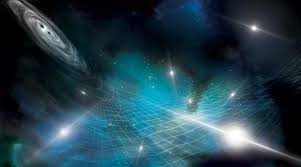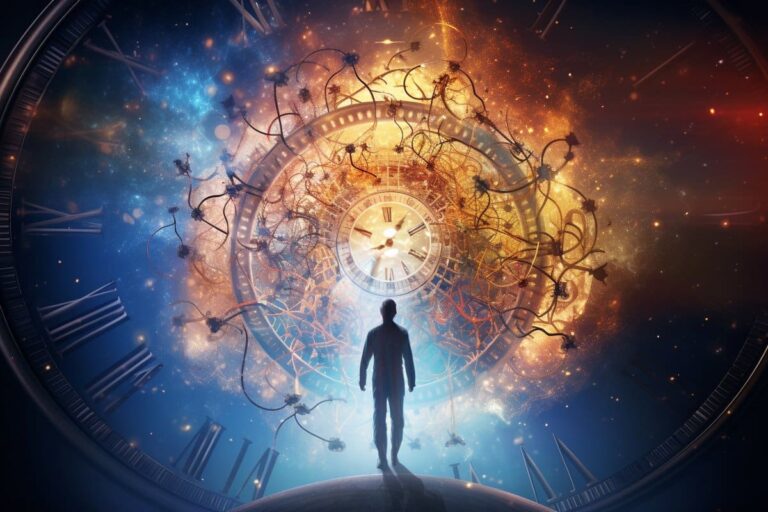Introduction: Do Time and Space Define Reality
Do Time and Space Define Reality: This question lies at the intersection of philosophy, physics, and metaphysics, challenging our deepest understandings of reality. This article examines the roles that time and space play in defining existence, exploring perspectives from both scientific and philosophical viewpoints.
The Conceptual Framework of Time and Space
Philosophical Perspectives Historically, philosophers have debated whether time and space are mere illusions or fundamental aspects of reality. Immanuel Kant proposed that both are inherent forms of human perception, shaping all experiences. Contrastingly, modern thinkers like Stephen Hawking have argued that time and space could indeed have objective existence outside human perception.
Scientific Insights In physics, the theory of relativity introduced by Albert Einstein binds time and space into a single continuum called spacetime. This theory suggests that the fabric of reality intertwines these dimensions, fundamentally linking them to the structure of the universe. For a deeper understanding, the Stanford Encyclopedia of Philosophy’s entry on spacetime provides extensive insights.

Challenging the Notion: Quantum Mechanics and Beyond
Quantum Realm Discoveries Quantum mechanics introduces a layer of complexity by suggesting that at the subatomic level, particles do not adhere to classical notions of time and space. Events in the quantum realm can occur without a defined time or spatial order, challenging traditional concepts of existence.
The Role of Time in Theoretical Physics Further complicating the picture, some theoretical physicists propose models where time emerges from more fundamental phenomena, suggesting that at the universe’s inception, what we perceive as time might not have existed. This concept is further explored in academic papers and resources like Quantum Magazine.

Philosophical and Practical Implications
Impact on Human Understanding The implications of time and space as constructs or realities affect everything from existential philosophy to daily human life. Understanding these concepts shapes how we perceive our universe and our place within it.
Influence on Technology and Innovation Technological advances, especially in areas like GPS and satellite communication, rely heavily on precise measurements of time and space, demonstrating their practical importance in modern technology.
Conclusion: Do Time and Space Define Reality
Time and space, whether as perceptual phenomena or real dimensions, remain central to our quest for understanding reality. As we advance scientifically and philosophically, our perceptions of these dimensions may evolve, continually reshaping our theories about existence.
For more information about the space and beyond, visit our main page here.


